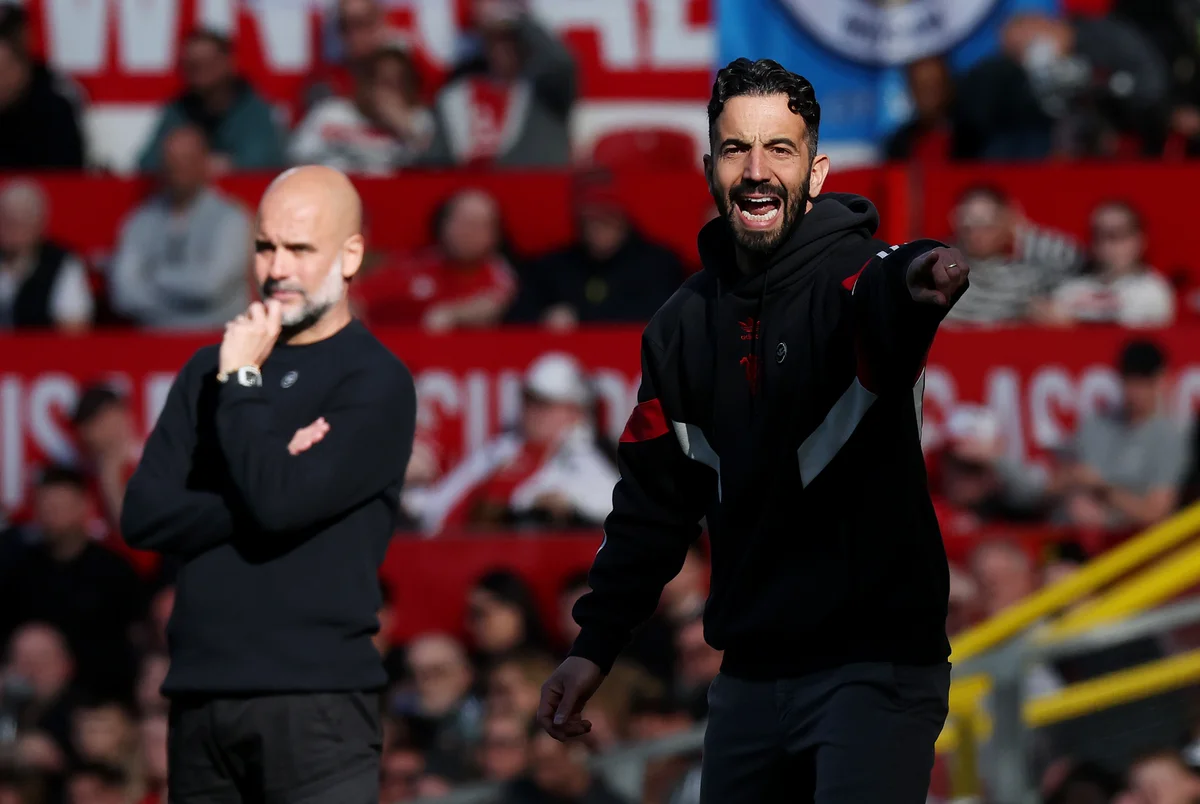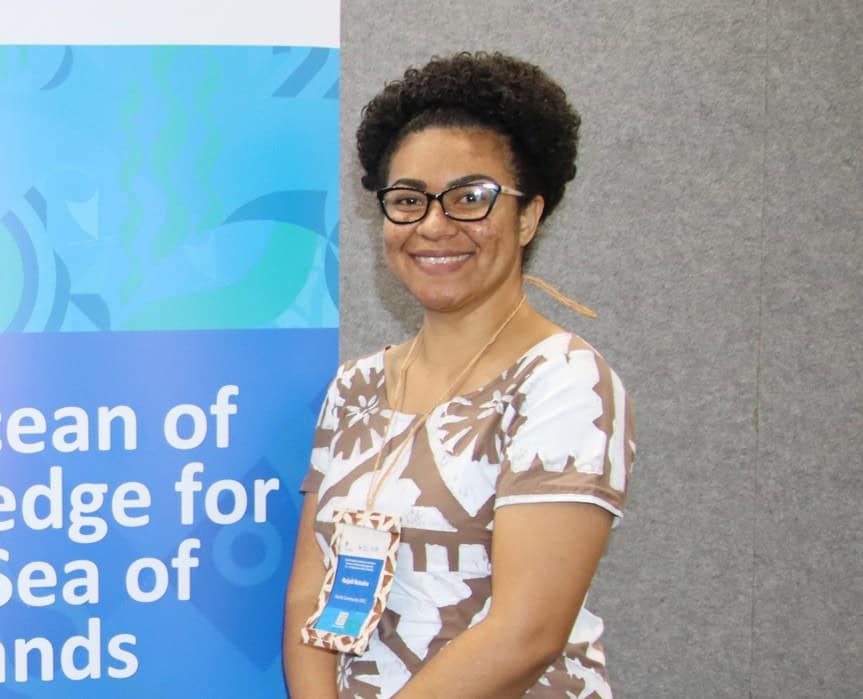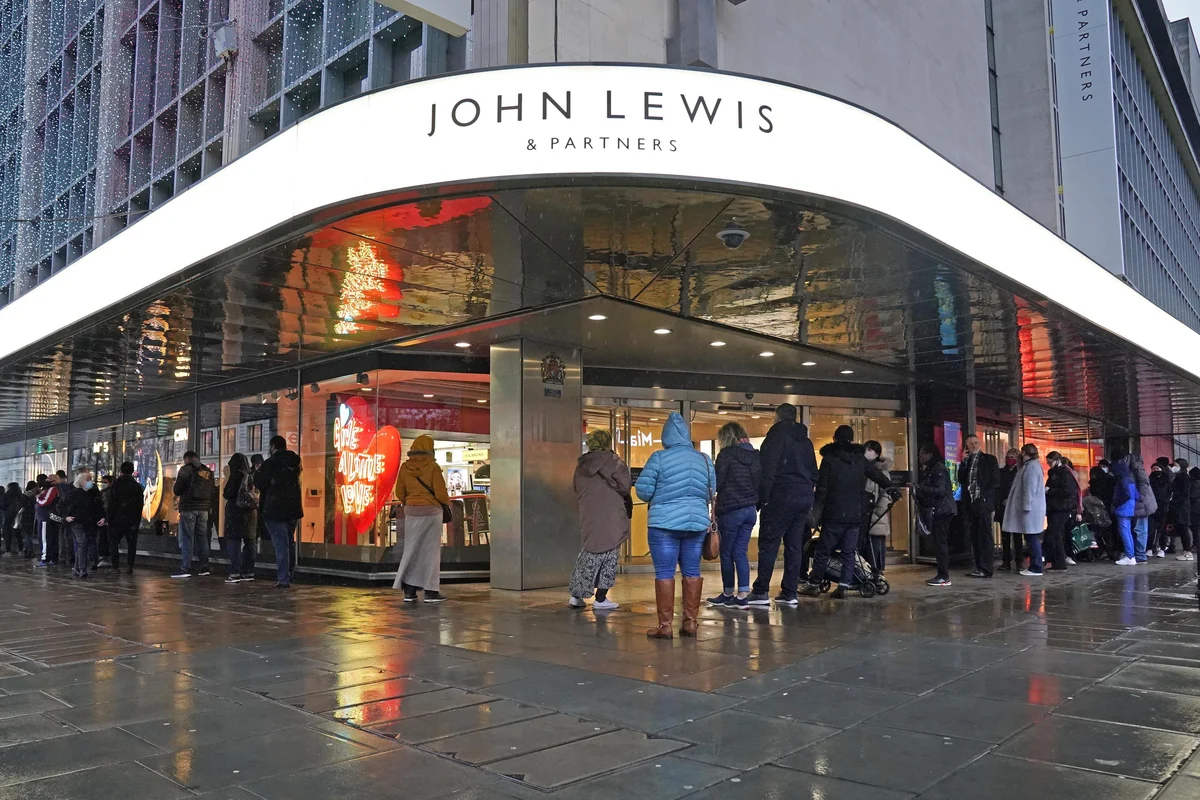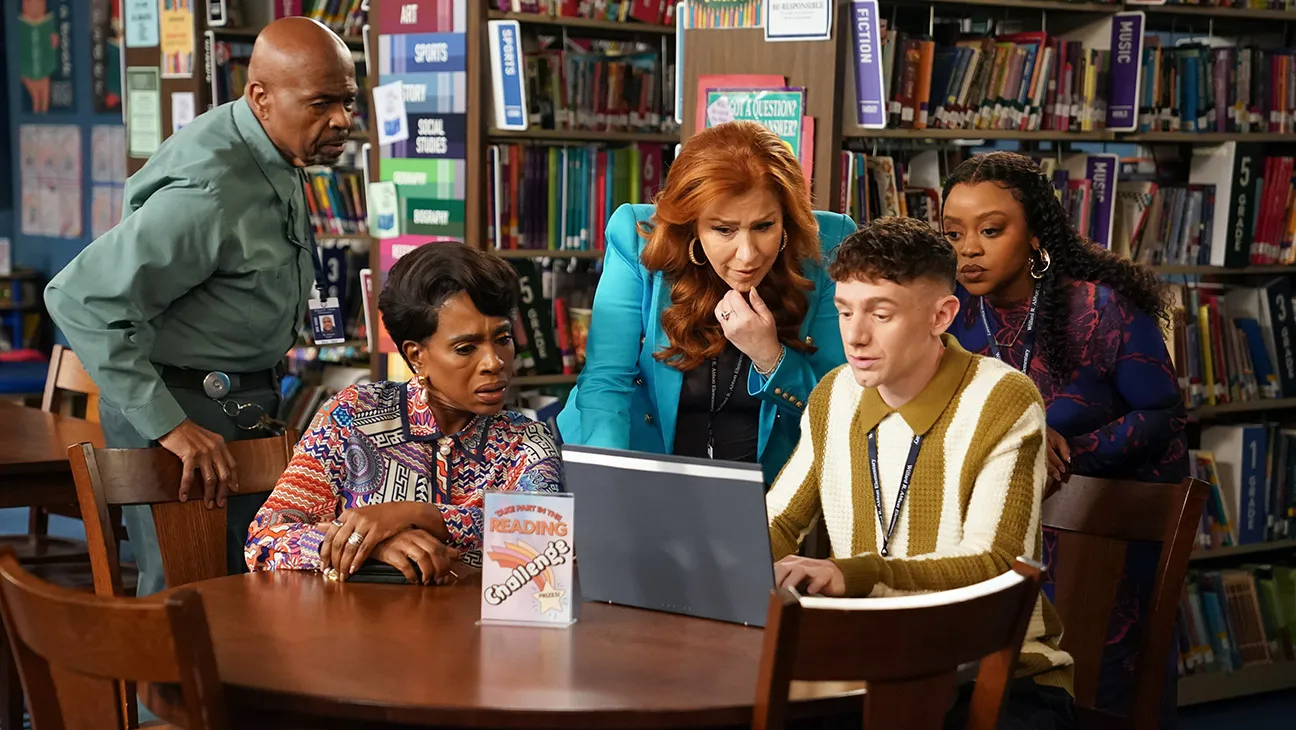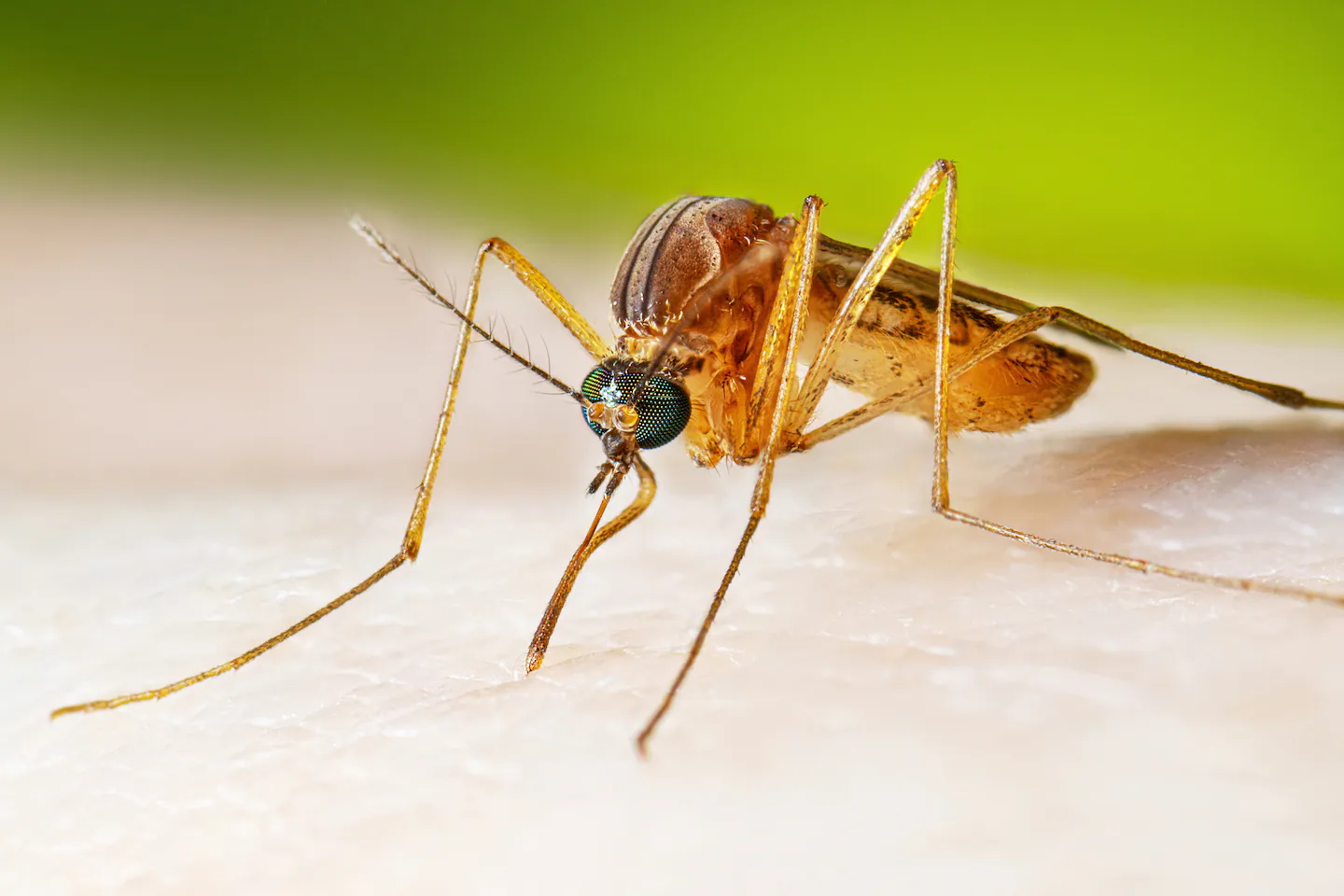
Write to us at startingpoint@globe.com. To subscribe, sign up here.
Climate change offers New Englanders plenty to worry about: more rain and flooding, dangerous heat, and smoky air. Now you can add another cause for concern to that list: more creepy crawlies.
Evidence is mounting that warming temperatures and heavier rainfall are creating a hospitable environment across the region for waterborne bacteria, bugs that can transmit life-threatening viruses, and invasive species that threaten to destabilize ecosystems.
A warmer climate means warmer water — ideal conditions for bacteria to fester. As temperatures rise, cyanobacteria blooms, which resemble algae and turn water a bright green, are proliferating across New England. Intense rainfall, which climate change makes more likely, can also cause sewer overflows, sending bacteria-laden runoff into waterways.
Over the summer, high levels of bacteria closed dozens of beaches, lakes, and ponds across Massachusetts. The bacteria can cause nausea, diarrhea, and rashes. Other bacteria, like the kind that infected a Cape Cod swimmer last month, can eat flesh. And as my colleague Amanda Gokee has reported from New Hampshire, increasingly common cyanobacteria blooms have some communities contemplating drastic measures — including coating lake bottoms with aluminum compounds that can endanger aquatic life.
Climate change appears to be helping mosquito-borne viruses once limited to more tropical climes find a foothold in New England.
It does so by giving both the insects and the viruses a boost. Warmer temperatures create a longer mosquito breeding season and can help viruses replicate inside them more quickly. Rain leaves behind stagnant pools in which their larvae develop.
While still rare, the risk of exposure is growing. Cases of mosquito-borne illnesses like West Nile virus and Eastern equine encephalitis have risen. West Nile can kill up to 15 percent of those who get a severe case. So far this year, at least four Massachusetts residents have tested positive for the virus, and officials last month said the risk of contracting it was high in more than a dozen towns in the state.
Eastern equine encephalitis is even worse. EEE, which mosquitos contract from infected birds, can cause neurological problems and kills about 30 percent of those who contract severe illness. At least two New Hampshire residents died of the virus last year, and regional outbreaks appear to be getting more common. There’s no cure, so experts recommend wearing long sleeves and pants outside, using mosquito repellent, and draining standing water.
Mosquito-borne infections recede as the weather cools. But climate change is making autumns warmer, extending the window of exposure. In recent years, Massachusetts’ mosquito season has been about two weeks longer than it was during the previous three decades. By 2050, studies estimate, the season could lengthen by up to two months.
Then there are the new arrivals, pests that are bringing ecological disruption and even more disease.
Triatomine insects are one example. Also known as “kissing bugs,” the insects harbor a parasite that causes Chagas disease, which can cause heart issues, stroke, and death. Although other factors seem to be involved, climate change can help expand the bugs’ habitat.
Spotted lanternflies, an invasive species native to Asia, are another. The distinctively patterned insects can damage crops, and warmer weather seems to help them reproduce more quickly. First detected in the US more than a decade ago, lanternflies are now spreading across the northeast. As of last month, officials had found them in more than 50 Massachusetts cities and towns.
And if you thought the mosquitos we already have were it, think again. Two other species — Aedes aegypti and Aedes albopictus — are making their way north. These mosquitos are better adapted to the cold, prefer to bite humans, and carry rarer diseases. Those include Zika, which can create neurological problems in fetuses, and Chikungunya, which causes arthritis and joint pain.
🧩 8 Across: Singer Styles | 🌤️ 74° Dry, bright, and warm
Somerville votes: The progressive stronghold will cast ballots today in a preliminary election that will serve as a referendum on Mayor Katjana Ballantyne. And meet the city’s new “bike path mayor”: a cat named Minerva.
Trump vs. Harvard: The university is folding an effort to recruit students of color into a “single, unified recruitment program,” its latest retreat from diversity, equity, and inclusion policies as it faces administration pressure.
Narrow margin: Mavrick Afonso, who ran to represent Boston City Council District 7 in last week’s preliminary election, formally requested a recount after he finished less than two dozen votes shy of advancing to the general.
Kalshi: Massachusetts Attorney General Andrea Campbell sued the self-described prediction market company, accusing it of hosting online sports betting without a state license.
Hopes dashed: The Academy at Penguin Hall opened at a historic estate in Wenham (above) nearly a decade ago with the goal of educating girls in the Catholic tradition. It’s closing with a $26 million bankruptcy filing.
Good vibrations: DEAFinitely, a Boston-based hip-hop dance troupe, connects Deaf children and teens with their peers, mentors, and their own families.
Dream come true: Arthur Sze, who as an undergraduate transferred from MIT to Berkeley to pursue his passion for poetry, will be the next US poet laureate. (NYT 🎁)
Trump vs. the Fed: An appeals court rejected Trump’s effort to fire Federal Reserve Governor Lisa Cook before the central bank’s meeting that starts today. But the Senate also confirmed Trump adviser Stephen Miran as a governor, giving Trump another ally as the Fed weighs lowering interest rates. (Guardian)
Another one: The US military struck a second boat allegedly carrying drugs from Venezuela, Trump said, killing three people. (AP)
Maurene Comey: The fired Justice Department official who helped prosecute Jeffrey Epstein sued the administration to get her job back. She claims she was likely ousted because her father is James Comey, the Trump-critical former FBI director. (ABC)
✈️ Finders keepers: An AirTag in your luggage can be a big help — but only if your airline uses it.
☕️ Why does coffee cost more? Because of a vast and complex chain of production, trade, climate, humanitarian issues, market speculation, fuel, currency fluctuations … aren’t you sorry you asked? (Quartz)
🌹 Big Day: Love was in full bloom for this couple’s South End flower shop wedding.
📺 Wall-TV: XXL TVs (97 inches and bigger) are expected to be a Christmas rage. Best Buy lists a 136-inch model that’s 10 feet wide, 6 feet high, and weighs 320 pounds. And it’s only $130K. (Axios)
🤦🏻♀️ A Miss Conduct classic: Robin offers advice for combating the scourge of man-spreading on trains.
🤫 Think before you fix: If you’re the type who always corrects others’ mispronunciations, stop it. Instead, consider whether your correction helps the other person or is really just satisfying your need to be right. (USA Today)
🎵 Native son: For Bostonians with Puerto Rican roots, Bad Bunny’s residency on the island, which ends this weekend, “felt like a homecoming.”
Thanks for reading Starting Point.
This newsletter was edited by Jennifer Peter and Kathy McCabe.
❓ Have a question for the team? Email us at startingpoint@globe.com.
✍🏼 If someone sent you this newsletter, you can sign up for your own copy.
📬 Delivered Monday through Friday.
